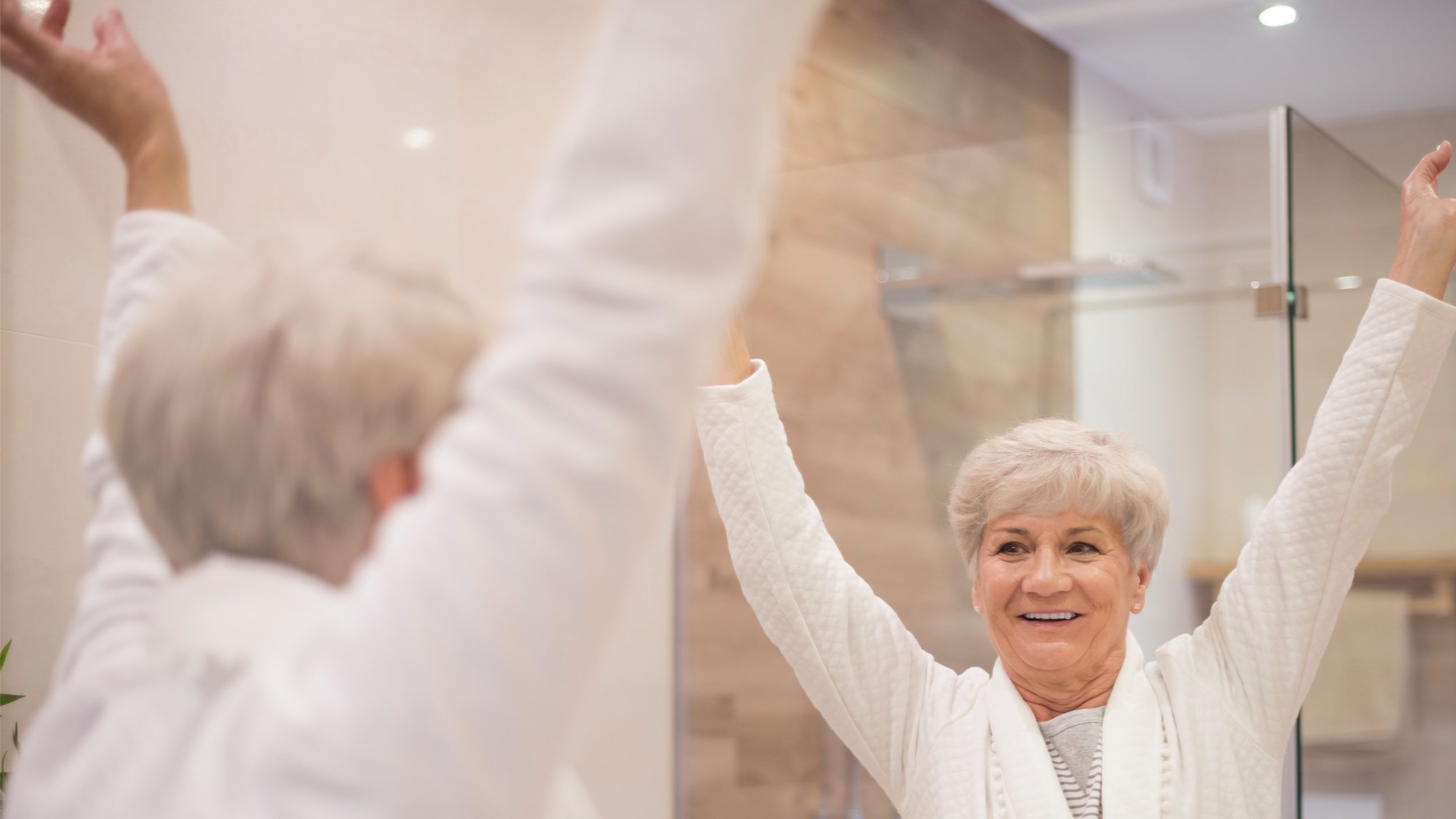Ladies, we’ve all heard about the infamous menopause—the phase of life that can bring about a whirlwind of changes. But what if we told you there’s a soothing way to navigate this transition? Welcome to the world of self-care, where practices like massage and other nurturing routines can be your best allies. In this blog, we’ll explore how self-care can provide comfort and relief during the menopausal journey.
Understanding Menopause: A Time of Transformation
Before we dive into self-care strategies, let’s briefly unravel the mysteries of menopause. It’s a natural phase in a woman’s life, typically occurring in her late 40s or early 50s, and it marks the end of her reproductive years. Menopause brings hormonal changes, leading to symptoms like hot flashes, mood swings, sleep disturbances, and changes in skin and hair.
Let’s explore how massage can provide relief during menopause
Headache Relief: Menopause can bring about headaches and migraines due to hormonal fluctuations. Massage helps relax tense neck, shoulders, and head muscles, common areas where tension headaches originate. By promoting better blood circulation and reducing muscle tension, massage can effectively decrease the frequency and intensity of headaches during this transitional phase of life.
Stress Reduction: Menopause can be stressful as your body adjusts to changing hormone levels. Massage is a well-known stress reliever. It triggers the release of feel-good hormones like serotonin and reduces the production of stress hormones like cortisol, promoting an overall sense of calm and well-being.
Hot Flash Relief: Massage can work wonders for those pesky hot flashes. By relaxing tense muscles and improving circulation, massage may help alleviate the intensity and frequency of hot flashes.
Better Sleep: Sleep disturbances are a common menopausal complaint. Regular massage sessions can improve sleep quality by relaxing both the body and mind, allowing you to enjoy more restful nights.
Which additional self-nurturing activities are there to explore?
Aromatherapy: Using essential oils in aromatherapy can be a game-changer during menopause. Oils like lavender and chamomile can promote relaxation and ease anxiety, while peppermint and sage may help with hot flashes.
Reflexology: Reflexology is a holistic practice that involves applying pressure to specific points on the feet, which correspond to various organs and systems in the body. It can help relieve symptoms associated with menopause, such as insomnia, mood swings, and fatigue.
Acupuncture: Traditional Chinese acupuncture involves inserting thin needles into specific points on the body to promote energy flow and balance. Acupuncture can effectively manage hot flashes, sleep disturbances, and emotional fluctuations during menopause.
How can I improve my well-being and feel better?
Yoga and Stretching: Gentle yoga and stretching exercises can help maintain flexibility and reduce muscle stiffness.
Healthy Nutrition: A balanced diet with foods rich in calcium and vitamin D can support bone health, which is vital as menopause can lead to bone density loss.
Hydration: Staying well-hydrated can help combat dry skin and hot flashes.
Mindfulness and Meditation: Practices like mindfulness and meditation can ease mood swings and promote emotional well-being.
Menopause is a natural part of a woman’s life journey and can be a time of reflection, growth, and newfound self-care. You can make this transition more comfortable and enjoyable by nurturing these practices into your life. Remember, you’re not alone in this journey, and a world of self-care is waiting to embrace you.
